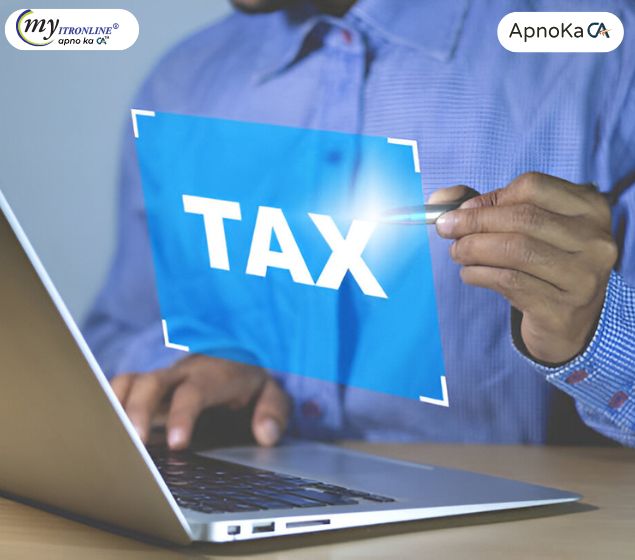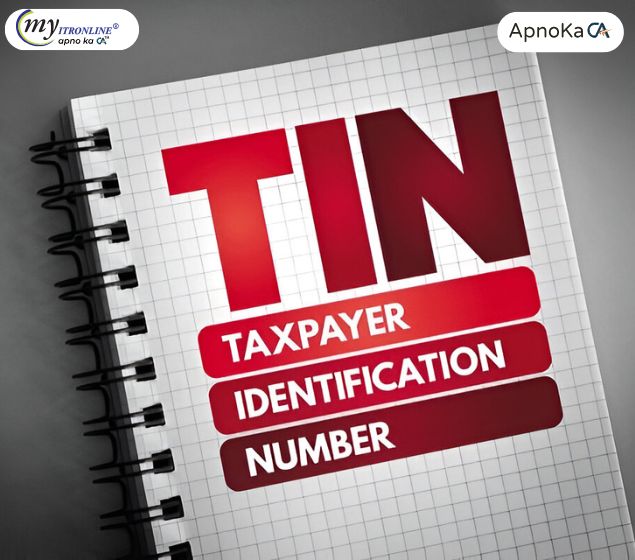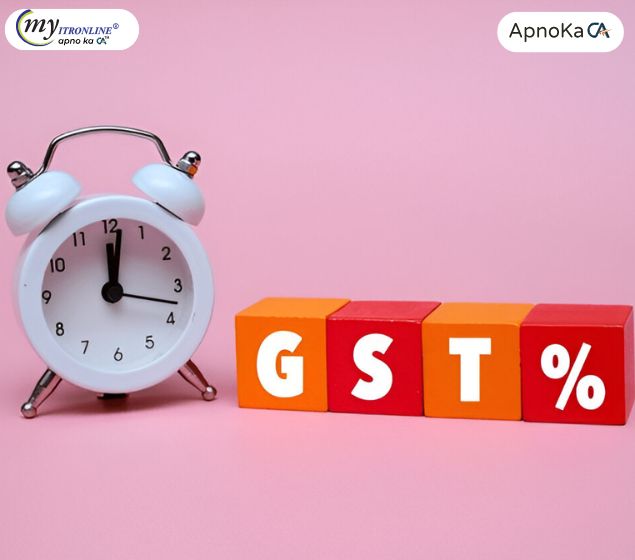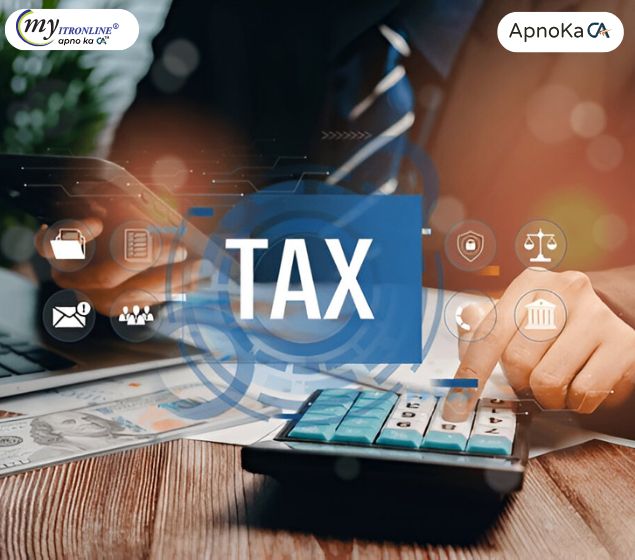# business
12 posts in `business` tag

Major Updates to AOC-4, MGT-7, and Other ROC Annual Filing Forms
This blog post details the significant updates to ROC Annual Filing forms, especially AOC-4 and MGT-7/7A, as part of the MCA V3 portal rollout effective July 14, 2025. It covers changes like integrated web forms, Excel-based data, pre-filled data, and revised submission processes, alongside crucial information on deadlines and penalties to help companies ensure timely and compliant submissions

Don’t Put 10,000 on the Line! Learn the 5 Essential Rules for E-Way Bill Compliance in 2025
This blog post outlines the critical E-Way Bill compliance rules for 2025, detailing mandatory thresholds, validity periods, and filing procedures (Form GST EWB-01). Learn how to avoid hefty penalties of ₹10,000 or more by adhering to these updated regulations, including insights on interstate vs. intrastate applicability, and new rules regarding generation and extension limits. Discover how MYITRONLINE can help your business navigate these complexities.
.jpg)
Avoiding Penalties Under Section 271B: Understanding the Need for an Income Tax Audit
This blog explains the mandatory income tax audit requirements under Section 44AB for Indian businesses and professionals, detailing the various turnover and gross receipt thresholds. It highlights the significant penalties imposed by Section 271B for non-compliance, alongside conditions where penalties can be avoided due to 'reasonable cause.' The post also emphasizes the broader benefits of an audit beyond just avoiding penalties, such as enhanced credibility and financial accuracy.

Understanding TIN: Importance, Application, and Verification Explained
This blog explores the crucial role of Tax Identification Numbers (TINs) in global tax systems. It explains what a TIN is, its significance, where and how it is used, how to apply for one, and the ways to verify its authenticity. Designed for individuals and businesses alike, it highlights why accurate TIN usage is vital for efficient tax compliance and administration.

Understanding 44AA, 44AB, 44AD, 44ADA for the Upcoming AY 2025-26
This post offers an in-depth overview of key Income Tax Act sections (44AA, 44AB, 44AD, 44ADA) applicable for AY 2025-26 (FY 2024-25). It details the requirements for maintaining accounting records and mandatory tax audits based on income/turnover thresholds. It also explains the presumptive taxation schemes for eligible small businesses (44AD) and professionals (44ADA), including updated limits and the implications of opting for or out of these schemes. The guide aims to clarify compliance duties for taxpayers

Big Win for Indian Startups: 187 Approved for Tax Exemption Under Revised 80-IAC
The DPIIT has approved 187 startups for income tax exemption under the revised Section 80-IAC. This grants 100% tax deduction on profits for 3 years out of 10, under an updated framework with extended eligibility and a streamlined application process. This move boosts financial relief and growth for eligible Indian startups.
.jpg)
ITR-1 & ITR-2 Filers: Switch Tax Regimes Without Form 10-IEA
This blog post clarifies that individuals and pensioners filing ITR-1 or ITR-2 (without business or professional income) do not need to file Form 10-IEA to switch between the old and new tax regimes on an annual basis. It explains that the choice can be made directly within the ITR form itself each year, even when opting out of the default new regime (effective AY 2024-25) or switching back to it later. The post contrasts this flexibility with the stricter requirement for those with business income (filing ITR-3/ITR-4) who must use Form 10-IEA to opt out and face limitations on switching back.

GST Registration Headaches? CBIC Unveils New Email Grievance Fix!
This blog post details the new email-based grievance redressal mechanism introduced by CBIC via Instruction No. 04/2025-GST (May 2, 2025). It addresses challenges like delays and improper queries during GST registration under Central Jurisdiction. Learn how to file grievances using dedicated Zonal email IDs, the required information (ARN, Jurisdiction, Issue details), handling of state cases, and the accountability via monthly reporting to DGGST.

ITR-3 AY 2025-26 Key Changes: CBDT Notification & Updates Guide
CBDT has notified ITR-Form 3 for Assessment Year 2025-26 (FY 2024-25) via Notification No. 41/2025. This affects Individuals/HUFs with business/professional income. Key updates include a split Capital Gains schedule (pre/post July 23, 2024), new conditions for claiming share buyback loss (post Oct 1, 2024), an increased asset/liability reporting threshold to ₹1 crore, addition of Sec 44BBC reference, enhanced reporting for deductions like 80C & 10(13A), and mandatory TDS section code reporting. Taxpayers should review these changes for compliant filing.

CBDT Guidelines on Section 37(1): What Business Expenses Are Now Disallowed?
This blog post examines the clarified disallowances under Section 37(1) of the Income Tax Act following the Finance Act 2022 amendment to Explanation 1. It details how expenses related to illegal activities, penalties, compounding fees, prohibited benefits/perks (like certain freebies), and violations of foreign laws are now more explicitly non-deductible, emphasizing the need for businesses to ensure compliance and maintain thorough documentation.

What's New in GST Registration? Breakdown of the April 2025 CBIC Circular
This blog post details the updated GST registration guidelines issued by the CBIC on April 17, 2025. It explains the challenges faced by businesses, outlines the typical solutions introduced (like risk-based approaches, standardized procedures, and clearer rules for verification), discusses the anticipated benefits such as faster processing and reduced compliance burden, and advises businesses on navigating the new regulations effectively. The goal is to clarify how these changes aim to simplify the process and reduce harassment, thereby improving the ease of doing business in India.

India Income Tax: Section 194LBA and TDS for Business Trusts
This blog post explains Section 194LBA of India's Income Tax Act, detailing the Tax Deducted at Source (TDS) rules for income distributions (interest, dividend, rent) from Business Trusts (REITs and InvITs) to resident and non-resident unitholders, including rates, compliance, and consequences.
